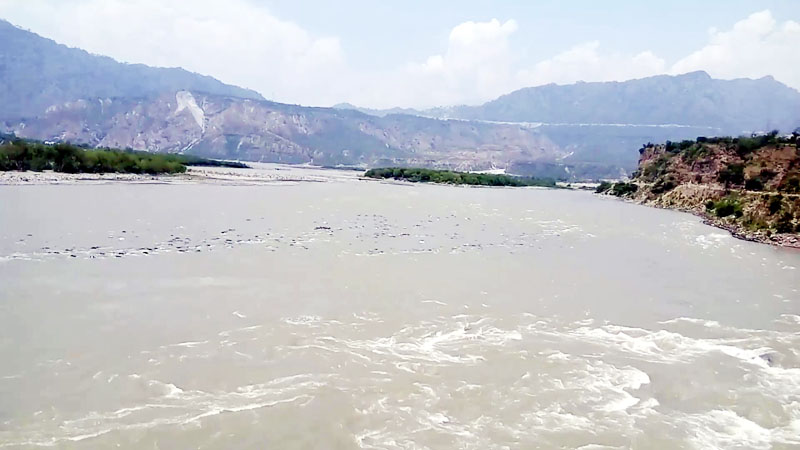India despite 1.4 billion population is rich in resources but still certain natural resources like air and water has to be shared naturally as and when required. Unfortunately, in present scenario, both invisible air and water are bone of contention between different states of India. It is really tragic while we Indians are fighting among ourselves for water distribution and much of the water flows down unutilised to oceans. Climate change has been showing its true colors too much these days with unusual excess rains in one part of India while other adjacent part facing draught like situation. Interstate water disputes are not new and factually in 1956 itself Inter-State River Water Disputes (ISRWD) Act was passed and got amended in 2002. When the concerned States cannot resolve disputes through negotiations then the Central Government constitutes a water dispute tribunal for resolving the water dispute. A peek into different tribunals formed reveals with scarcity of water in present century more interstate water disputes happened. Our own Shahpur- Kandi project got delayed for decades due to Jammu Kashmir- Punjab water dispute, much of Ravi river water flowing to Pakistan but Jammu not getting its share. Same is the story of Sutlej-Yamuna Link Canal dispute. Around 80% of water is used in irrigation in India and in absence of proper rains and canal water, ground water is being used beyond capacity with the result ground water table going meters down per year creating even drinking water scarcity.
During India Water Week, both President Murmu and Vice President Dhankar have rightly raised the issue of interstate water sharing. These disputes should be settled “in favour of none” and practically go against the interest of the country and people at large. GoI can intervene on this subject under Indian Constitutional Act 262. There has to be no politics on this issue and sooner the respective States resolve this issue better it will be for States, public and in totality for India.


